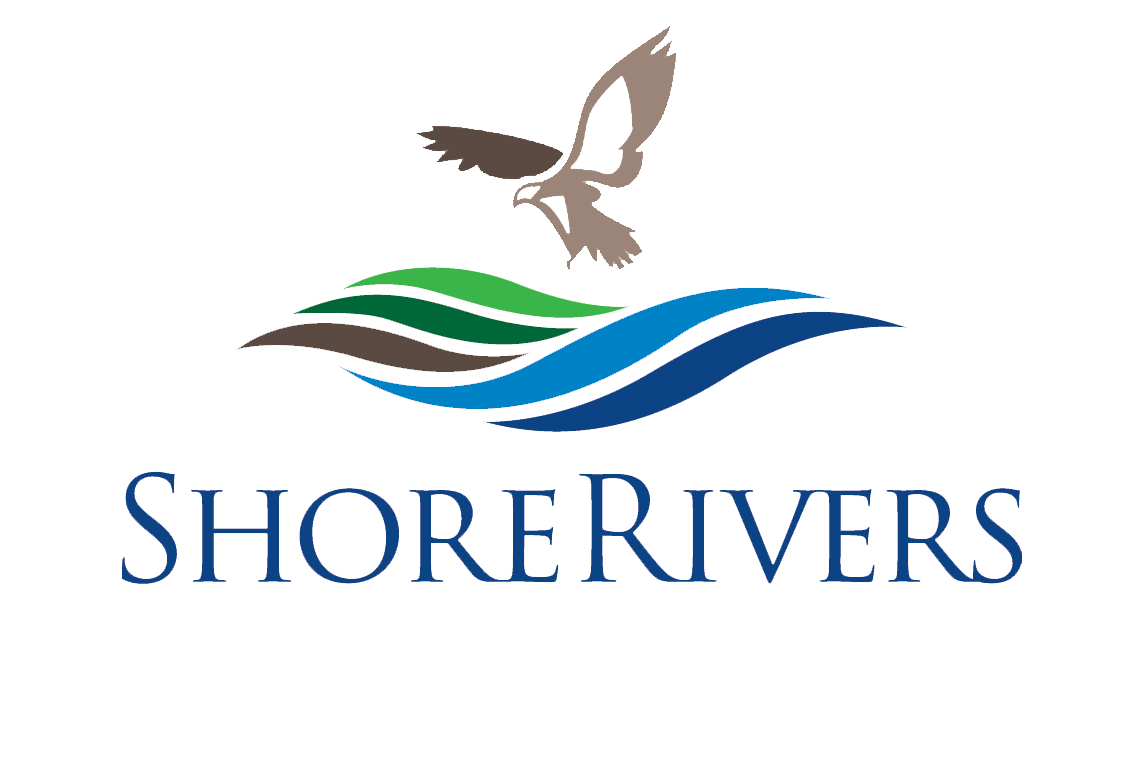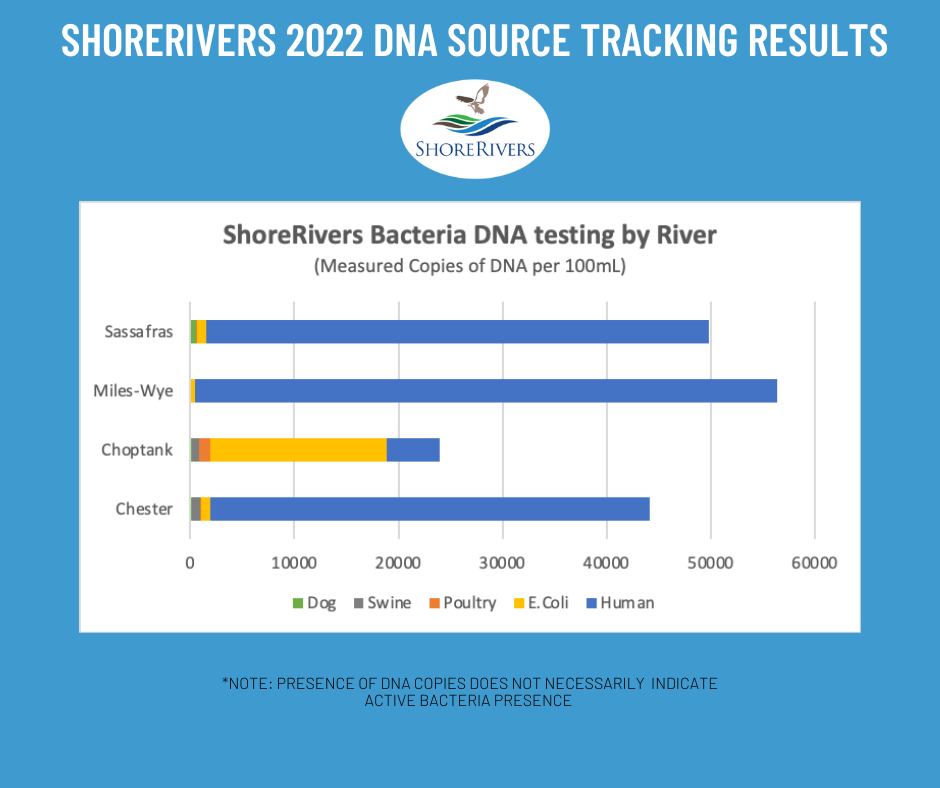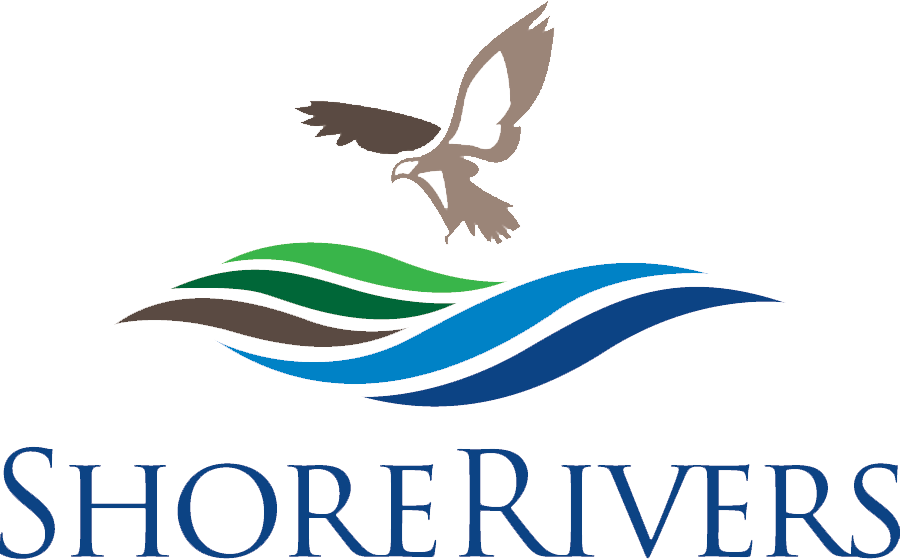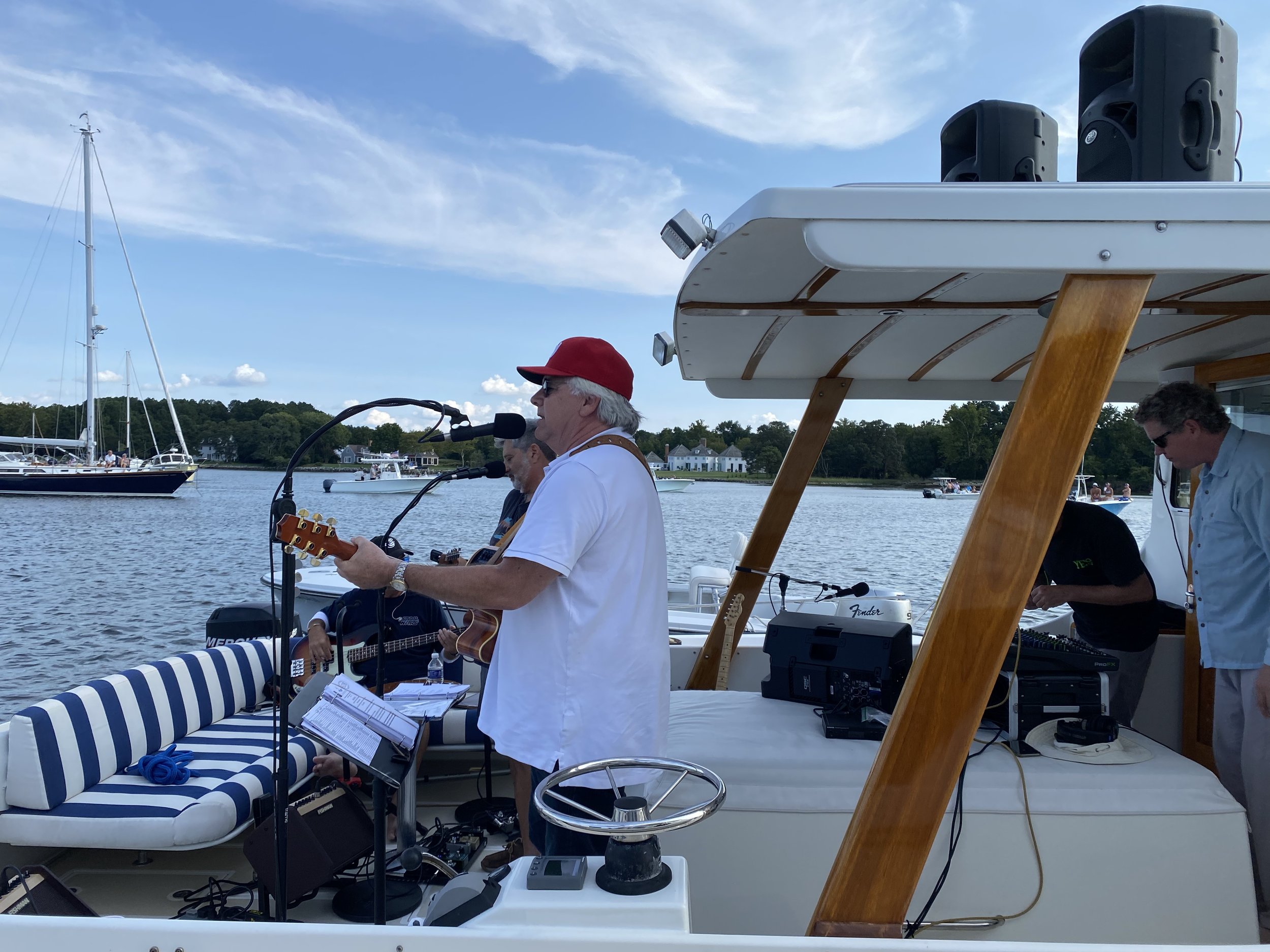Representatives from ShoreRivers, Adkins Arboretum, Men for Change, Minary's Dream Alliance, Talbot Family Network, Kent Attainable Housing, His Hope Ministries, Eastern Shore Land Conservancy, and Envision the Choptank are pictured at Adkins Arboretum. Photo by Margan Glover, who led the group on the arboretum’s “Rooted Wisdom: Nature’s Role in the Underground Railroad” walk.
ShoreRivers and eight non-profit partners came together at Adkins Arboretum last month for the organization’s second Social and Environmental Justice Community Convening. The group was comprised of local community-based organizations working on a variety of issues that are at the intersection of social and environmental justice, including equitable housing, youth pathways, and land access. Relationships built at these semi-annual Convenings will help ShoreRivers better understand community needs, activate River-Friendly Yards native planting projects, and collaborate on grant proposals to bring more resources to achieve our shared goals of healthy communities and waterways. They are made possible by a grant from The Keith Campbell Foundation for the Environment.
Representatives from ShoreRivers, Adkins Arboretum, Men for Change, Minary's Dream Alliance, Talbot Family Network, Kent Attainable Housing, His Hope Ministries, Eastern Shore Land Conservancy, and Envision the Choptank spent the day sharing updates, collaborating on future partnerships, and learning how best to support each other’s missions. The group also shared recent successes, including new programs and a grant award for Minary’s Dream Alliance, a successful all-partner meeting for Envision the Choptank, and a blossoming partnership between Men for Change and the Nanticoke Watershed Alliance, two organizations who were connected by ShoreRivers earlier this year. The group closed out the day by going on Adkins’ “Rooted Wisdom: Nature’s Role in the Underground Railroad” walk, traveling the grounds with a docent to understand how self-liberators used nature to forge a path for freedom. The next convening will be held in spring 2023.
Social justice and environmental justice are intrinsically linked, and both must be achieved to build the healthy, resilient, and joyful Eastern Shore community we all deserve to live in. ShoreRivers believes that diversity, equity, inclusion, and justice in our staff, board, supporters, and programs are critical to achieving our mission of clean water. We believe that access to waterways fuels environmental stewardship; inclusion of diverse communities is essential to long term success; and diverse representation in our membership, staff, and board makes us stronger.






























